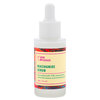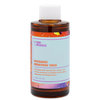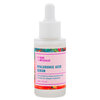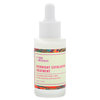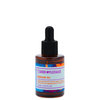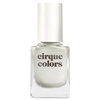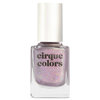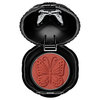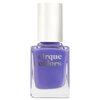Do You Support California's Proposed Voluntary Certification for Makeup Artists?
Published Mar 22, 2012

Last week, California Assembly Member Tony Mendoza introduced AB 1754, a bill that aims to give freelance, retail, or entertainment makeup artists an opportunity for legal certification in the spa, salon, and wedding sectors. Currently, it's illegal in the state of California to apply makeup in spa, salon, or wedding environments without a cosmetology or esthetician's license (although it's unfortunately still common practice). The optional certification gives unlicensed artists the opportunity to practice legally in these three regulated sectors.
To be eligible for certification, you need to meet any of the following requirements: Complete a California Board of Barbering and Cosmetology-approved makeup course, complete an apprenticeship program in makeup, belong to a union, or provide legal documentation of at least three years professional experience (including dated tear sheets, instructor's license, or proof of industry membership). Certification is open to makeup novices as well. You must provide documentation of less than three years experience, and complete 16 hours of practical and technical training from a board-approved makeup artistry school. For those without any experience, you can apply for certification only after 80 hours of practical and technical instruction. The process itself costs $45 and is valid for two years.
While confusing for some, the bill aims to give makeup artists focused in one area the ability to branch out into other lucrative opportunities without completing a full cosmetology or esthetician program. Mendoza also believes the bill will enhance the overall safety and sanitary practices of the industry with added regulation. Licensed cosmetologists and estheticians currently practicing will be unaffected by the proposed legislation.
However, the bill brings up many points of contention among working freelance makeup artists. Seasoned industry pros, who have been practicing their craft for years, believe the industry is already self-regulating and stable, and think the bill is unnecessary (they’ve launched a petition here). Conversely, most makeup artists earn their bread and butter doing makeup for a wedding or at a salon, and the certification program will allow them to work in a higher-paying sector without completing a full cosmetology program (which tends to focus on hair, skin, and nails over makeup).
If you're a successful freelance, retail, or entertainment artist and you're happy with what you’re doing, this bill is not for you. However, if you're looking to expand your artistic range within the industry, the certification might be your legal loophole. Many of you are working freelance makeup artists, and we'd love to hear your thoughts on the proposed legislation. Sound off!
You Might Also Like
-
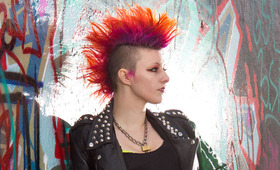
News
Punk Beauty Rituals We’ll Never Forget
- 574
-
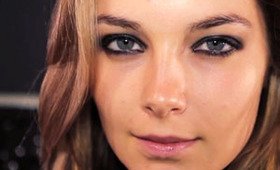
Fashion Week News
Libertine Makeup, New York Fashion Week S/S 2012
- 3
-
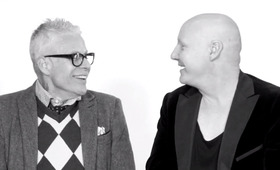
Industry News
An Exclusive Chance to Star in Transformations from James St. James and Billy B.!
- 81
-
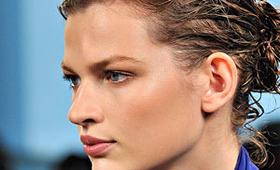
Hair
Bottega Veneta Beauty, Milan Fashion Week S/S 2012
- 4
-
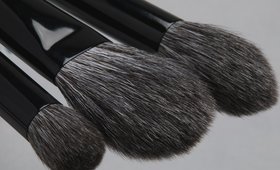
New Releases
First Look: Wayne Goss The Collector’s Edition
- 21
-
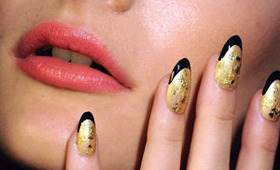
Fashion Week News
Norman Ambrose Nails, New York Fashion Week S/S 2012
- 12
-

Hair
Milan Fashion Week, Fall 2011: Redken at Prada
- 2
-

News
Help Save The Sharks!
- 43



